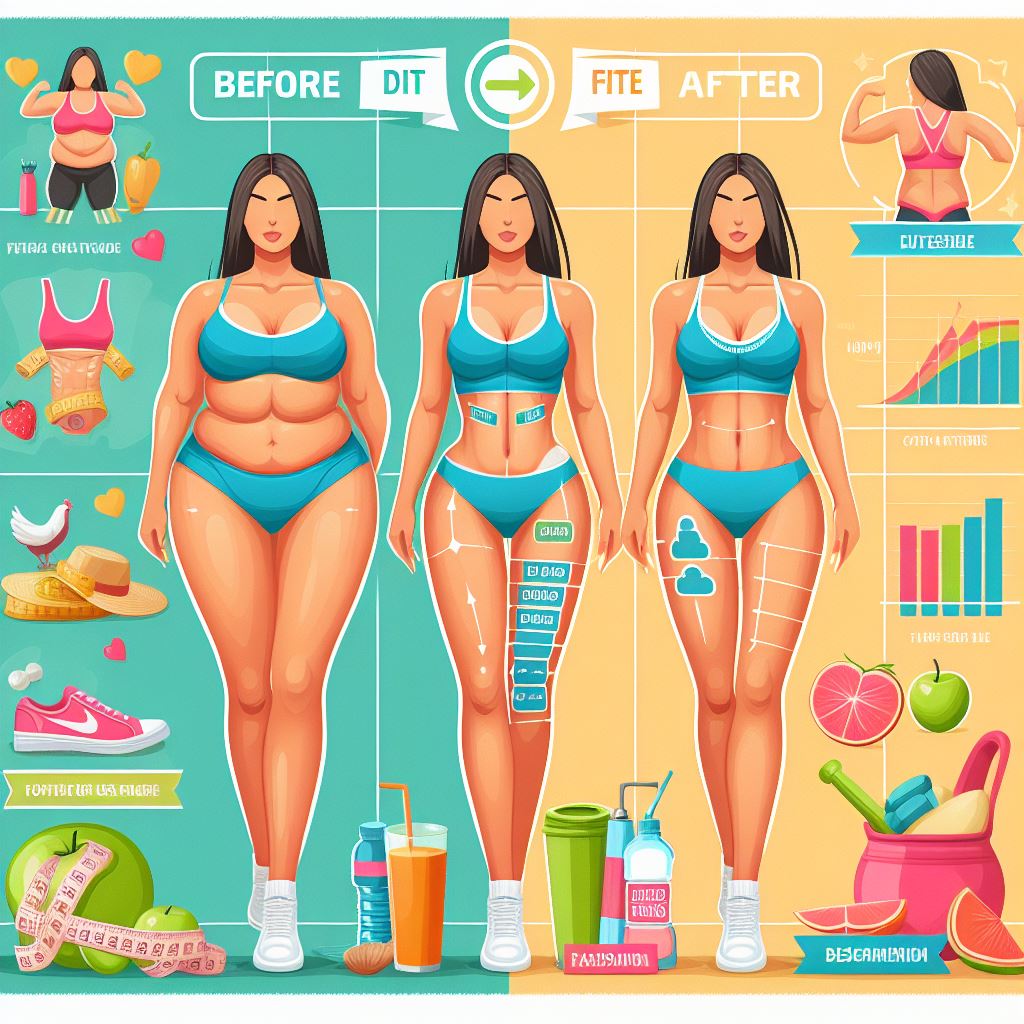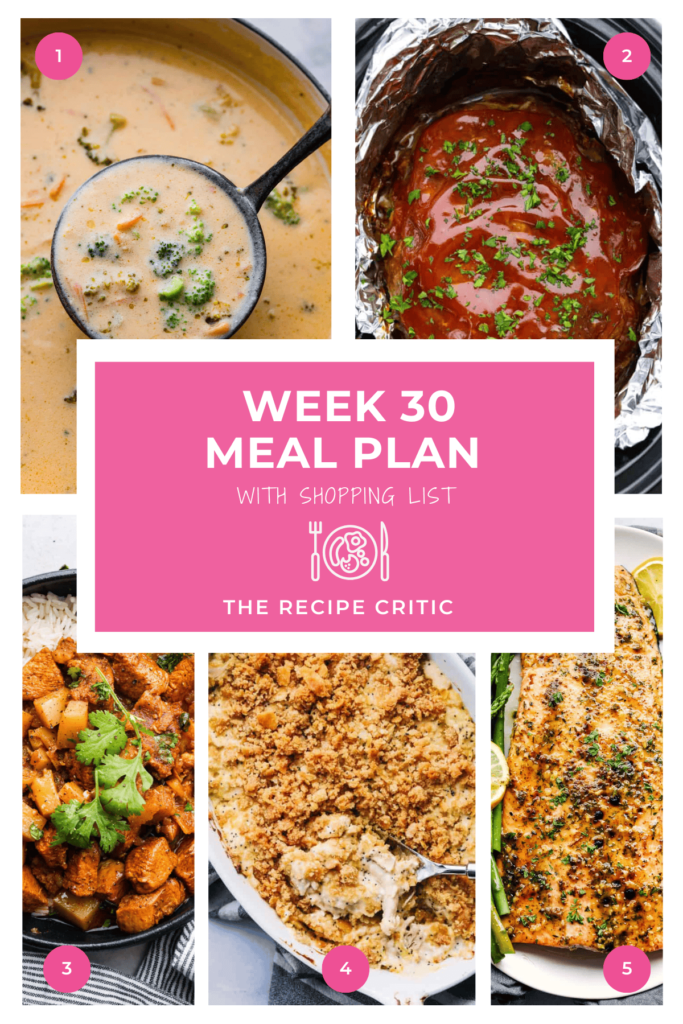Introduction:
Embarking on a journey towards sustainable weight loss requires more than just willpower—it demands a strategic approach that includes mindful eating, portion control, and a well-balanced diet. One of the most effective tools in achieving these goals is meal planning. In this comprehensive guide, we will walk you through a 20-day meal plan designed to promote sustainable weight loss, foster healthy eating habits, and pave the way for long-term success.
Day 1-5: Establishing the Foundation
Calculate Your Caloric Needs: Determine your daily caloric requirements based on your age, gender, weight, and activity level. Online calculators can help you estimate this.
Design Balanced Meals: Craft meals with a balance of lean proteins, whole grains, healthy fats, and a variety of colorful fruits and vegetables. This balance ensures you receive essential nutrients while controlling caloric intake.
Stay Hydrated: Drink plenty of water throughout the day to stay hydrated and promote a feeling of fullness, reducing the likelihood of overeating.
Mindful Eating Practices: Pay attention to hunger and fullness cues. Eat slowly, savoring each bite, and listen to your body’s signals to avoid unnecessary calorie consumption.
Meal Prep: Spend time on the weekend preparing some meals and snacks for the upcoming week. Having healthy options readily available can prevent impulsive, less nutritious choices.
Day 6-10: Fine-Tuning Your Plan
Variety is Key: Introduce a variety of foods to keep your meals interesting and ensure you get a wide range of nutrients.
Smart Snacking: Choose nutrient-dense snacks like fresh fruits, Greek yogurt, or a handful of nuts to keep your energy levels stable between meals.
Portion Control: Be mindful of portion sizes. Use smaller plates to help control portions and prevent overeating.
Adjust as Needed: Monitor your progress and adjust your meal plan if necessary. If you find yourself hungry or fatigued, consider adjusting your portion sizes or incorporating more nutrient-dense foods.
Include Physical Activity: Complement your meal plan with regular exercise. A combination of cardio and strength training can boost metabolism and enhance weight loss.
Day 11-15: Fine-Tuning Continues
Listen to Your Body: Pay attention to how different foods make you feel. Adjust your meal plan based on your body’s responses, focusing on foods that leave you satisfied and energized.
Incorporate Healthy Habits: Establish healthy habits beyond mealtime, such as getting adequate sleep and managing stress. These factors can significantly impact weight loss success.
Explore New Recipes: Keep things exciting by trying out new recipes that align with your weight loss goals. Experimenting with different flavors can make your meals more enjoyable.
Plan Ahead for Challenges: Identify potential challenges, such as social events or busy days, and plan your meals accordingly. Having a strategy in place will help you stay on track even in challenging situations.
Celebrate Small Wins: Acknowledge and celebrate your achievements, whether it’s reaching a mini-goal or consistently following your meal plan. Positive reinforcement can motivate you to continue making healthy choices.
Day 16-20: Consolidating Progress
Reflect and Adjust: Take time to reflect on your journey. Assess what worked well and what could be improved, and make adjustments accordingly.
Gradual Changes: If you’ve reached your initial weight loss goal, consider making gradual changes to transition into a maintenance plan. Continue practicing healthy eating habits to sustain your progress.
Establish a Routine: Aim for consistency in your meal planning. Establishing a routine makes it easier to maintain healthy habits over the long term.
Seek Support: Engage with a supportive community or seek guidance from a nutritionist or fitness professional. Having a support system can be crucial in sustaining motivation and accountability.
Set New Goals: As you reach your initial weight loss goals, set new objectives to keep yourself motivated. Whether it’s improving fitness levels or trying new types of physical activity, continued goal-setting contributes to ongoing success.
Beyond the 20 Days: Sustaining Your Healthy Lifestyle
Congratulations on completing the 20-day meal plan! Now, as you move forward, it’s essential to focus on maintaining the healthy habits you’ve cultivated. Consider these additional tips to ensure long-term success in your weight loss journey.
Mindful Eating Mastery:
Cultivate a mindful eating approach beyond the initial 20 days. Pay attention to your body’s hunger and fullness cues, and avoid distractions like screens during meals. Savor the flavors of your food and eat with intention.
Regular Check-Ins:
Schedule regular check-ins with yourself to assess your progress and adjust your goals accordingly. This habit helps you stay accountable and ensures that your meal plan aligns with your evolving needs and lifestyle.
Flexibility and Adaptability:
Life is dynamic, and so should be your meal plan. Embrace flexibility and adaptability, allowing room for occasional indulgences without guilt. Strive for a balanced approach that accommodates social events and unexpected situations.
Intuitive Eating:
Transition towards intuitive eating, where you rely on internal cues to guide your food choices rather than external rules. Listen to your body and eat when hungry, choosing foods that nourish and satisfy you.
Diversify Your Physical Activity:
Continue incorporating diverse physical activities into your routine. Try new exercises, join classes, or engage in outdoor activities to keep your fitness routine enjoyable and prevent monotony.
Hydration Habit:
Maintain the habit of staying hydrated throughout the day. Water is crucial for various bodily functions, including digestion and metabolism. Consider infusing your water with fruits or herbs for added flavor.
Regular Health Check-Ups:
Schedule regular health check-ups to monitor your overall well-being. These check-ups can provide insights into your body’s health and help you make informed decisions about your diet and exercise routine.
Educate Yourself:
Continue educating yourself about nutrition, fitness, and overall well-being. Stay informed about the latest research and trends to make informed choices that align with your health goals.
Meal Prep for Convenience:
Continue with meal prep as a tool for convenience. Having healthy options readily available reduces the temptation to opt for less nutritious alternatives when time is tight.
Celebrate Non-Scale Victories:
Recognize and celebrate achievements beyond the scale. Improved energy levels, better sleep, increased strength, and enhanced mental well-being are all valuable indicators of success.
Community Engagement:
Engage with a community that shares similar health goals. Whether it’s online forums, social media groups, or local fitness classes, surrounding yourself with like-minded individuals can provide support and motivation.
Mind-Body Connection:
Cultivate a strong mind-body connection. Practices such as meditation, yoga, or other relaxation techniques can help manage stress and contribute to a holistic approach to health.
Sustainable weight loss is a journey, not a destination. Be patient with yourself, celebrate your successes, and learn from challenges. By embracing a balanced and mindful approach to eating and living, you are setting the foundation for a healthier and more fulfilling lifestyle in the long run. Keep up the great work, and enjoy the ongoing benefits of your commitment to health and well-being!
Conclusion:
Meal planning is a powerful tool in achieving sustainable weight loss. By following this 20-day guide, you’re not just changing your diet; you’re cultivating a healthier relationship with food. Remember, success in weight loss is not just about the destination but the journey itself. Embrace the positive changes you make, and let them propel you toward a healthier, happier lifestyle.








